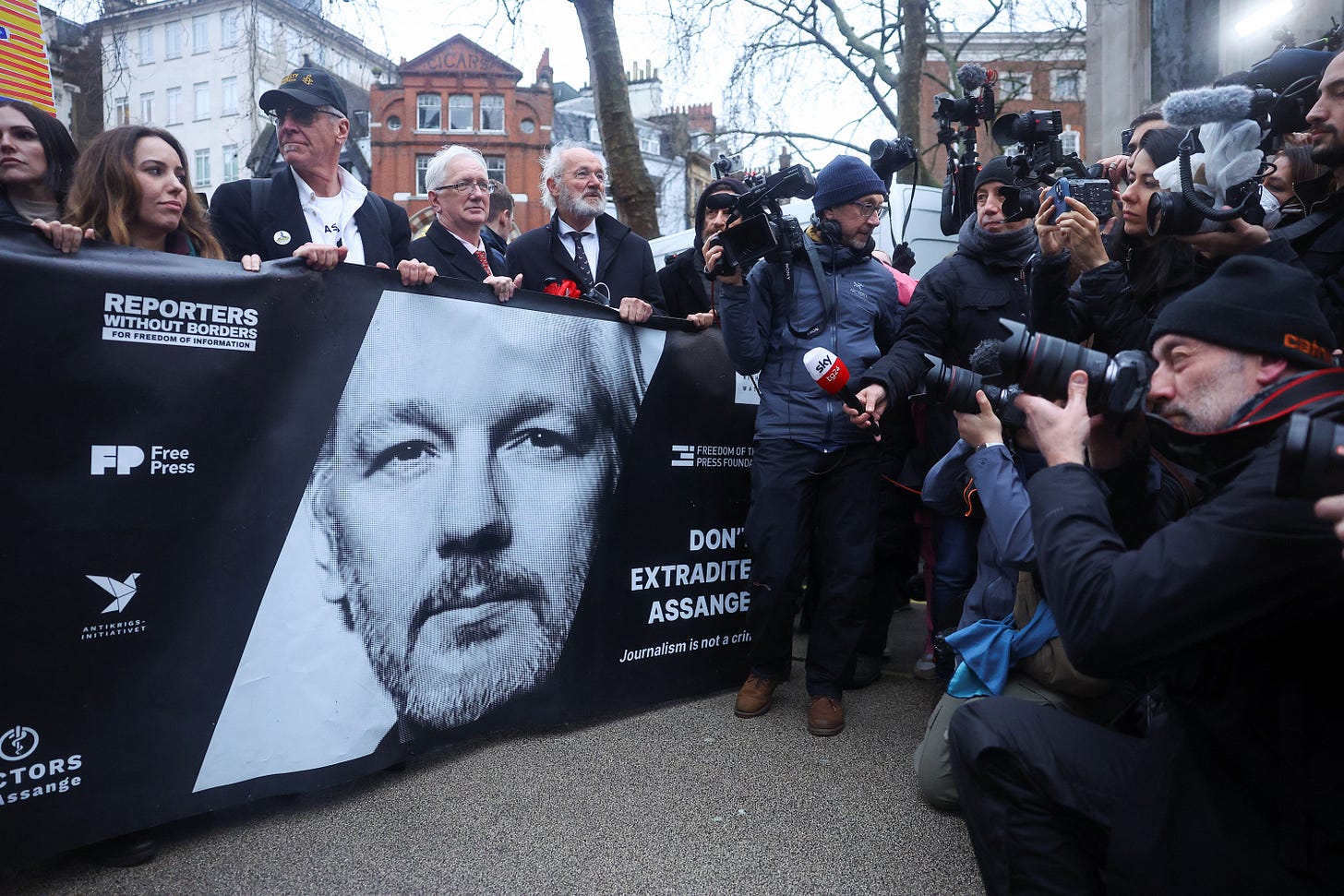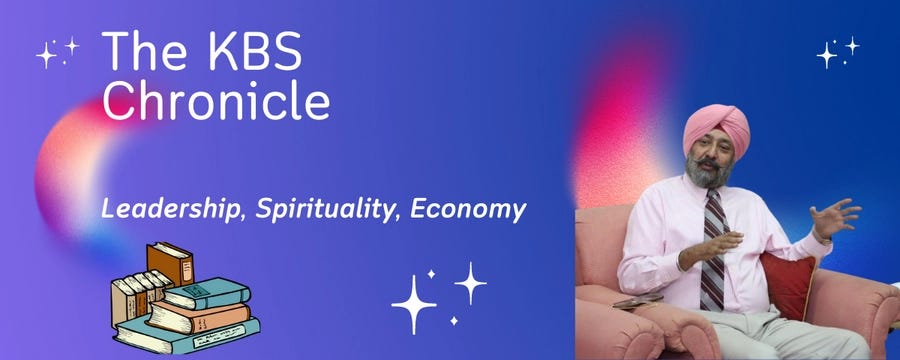Julian Assange of Wikileaks Fame to Finally Walk Free?
Julian Assange to Plead Guilty in Deal with the US: A New Chapter in a Complex Saga, Paving the Way for His Freedom in Australia.
Beginning of the End
In a surprising turn of events reported by multiple news outlets in the USA and Europe on Monday, 24th June, Julian Assange, the founder of WikiLeaks, will plead guilty to a single felony charge under a deal with the U.S. Justice Department. This agreement is a prelude to his journey to freedom in his home country, Australia. This development is expected to bring an end to a protracted legal battle that has spanned continents and stirred significant international controversy. The case has been a focal point at the intersection of national security, human rights, and the public's right to information, often highlighting the tensions between state secrecy and transparency.
The Legal Journey of Julian Assange
Julian Assange's legal troubles began with his publication of a trove of classified documents on WikiLeaks, exposing sensitive U.S. military operations and diplomatic communications. The U.S. government has long pursued Assange, accusing him of conspiring to unlawfully obtain and disseminate classified national defense information. The legal battle intensified when Assange sought asylum in the Ecuadorian Embassy in London to avoid extradition on rape charges in Sweden, which he has consistently denied.
The Plea Agreement
The plea agreement, which requires judicial approval, marks a significant milestone in this long-running saga. Assange is set to plead guilty to a charge under the Espionage Act in a federal court in the Mariana Islands, a U.S. commonwealth in the Western Pacific. The choice of location is notable, reflecting Assange's resistance to traveling to the continental U.S. and the court's proximity to his home country, Australia.
Implications of the Guilty Plea
The plea deal ensures that Assange will acknowledge his guilt without facing additional prison time. He has already spent five years in a high-security British prison, time that will be credited towards his sentence. This resolution allows Assange to return to Australia, potentially closing a chapter that has seen him confined in the Ecuadorian Embassy and later in British custody.
The Espionage Act and Press Freedom
Assange's prosecution has been a contentious issue, with press freedom advocates arguing that his actions were those of a journalist exposing governmental misconduct. Conversely, U.S. prosecutors have maintained that Assange's activities went beyond journalism, constituting a deliberate attempt to solicit and publish classified information, thereby endangering national security.
The Obama and Trump Administrations' Stances
The handling of Assange's case has seen significant shifts over different U.S. administrations. The Obama administration was initially hesitant to prosecute Assange, fearing implications for press freedom. However, the Trump administration took a more aggressive stance, with then-Attorney General Jeff Sessions prioritising Assange's arrest.
International Reactions and Diplomatic Strains
Assange's case has also strained international relations, particularly between the U.S. and Australia. President Joe Biden's administration has faced pressure from Australia to drop the prosecution, reflecting the diplomatic complexities underlying this legal saga.
WikiLeaks Statement on Twitter: Julian Assange Released
WikiLeaks announced that Julian Assange has been released from Belmarsh maximum security prison on 24 June after spending 1901 days there. They reported that he was granted bail by the High Court in London and subsequently departed the UK from Stansted airport.
According to WikiLeaks, this release was the result of a global campaign involving grassroots organizers, press freedom advocates, and political leaders, which facilitated negotiations with the US Department of Justice. They mentioned that after over five years in a 2x3 metre cell, isolated for 23 hours a day, Assange would finally reunite with his wife Stella and their children.
In their statement, WikiLeaks emphasized, "Julian's freedom is our freedom," and expressed gratitude to all who supported the campaign for his release.
Assange's Health and Human Rights Concerns
Throughout his detention, Assange's physical and mental health have reportedly deteriorated, raising concerns among his supporters and human rights organizations. His prolonged confinement in the Ecuadorian Embassy and subsequent incarceration in the high-security Belmarsh Prison have taken a toll, highlighting the human cost of this high-profile legal battle.
Towards Freedom in Motherland
Julian Assange's forthcoming guilty plea marks a pivotal moment in a complex and often contentious saga. This resolution may bring closure to a case that has challenged the boundaries between national security and the public's right to know, exposing the intricate balance between governmental secrecy and transparency. As Assange prepares to return to Australia, this development hopefully closes a major international episode that has been as embarrassing for the U.S. establishment as it has been instructive about the fragile intersections of law, human rights, and information freedom.
If you believe this article would interest someone you know, please feel free to share it anonymously (for us), using any platform that you prefer.




